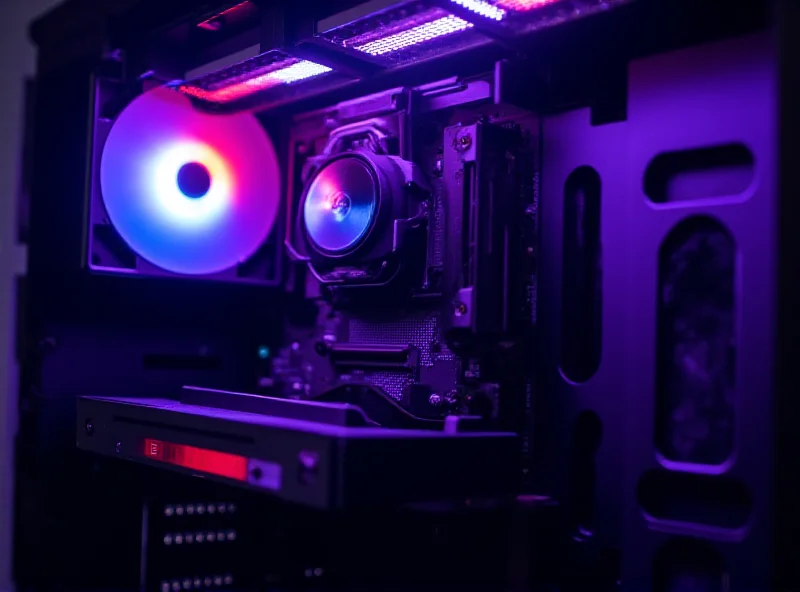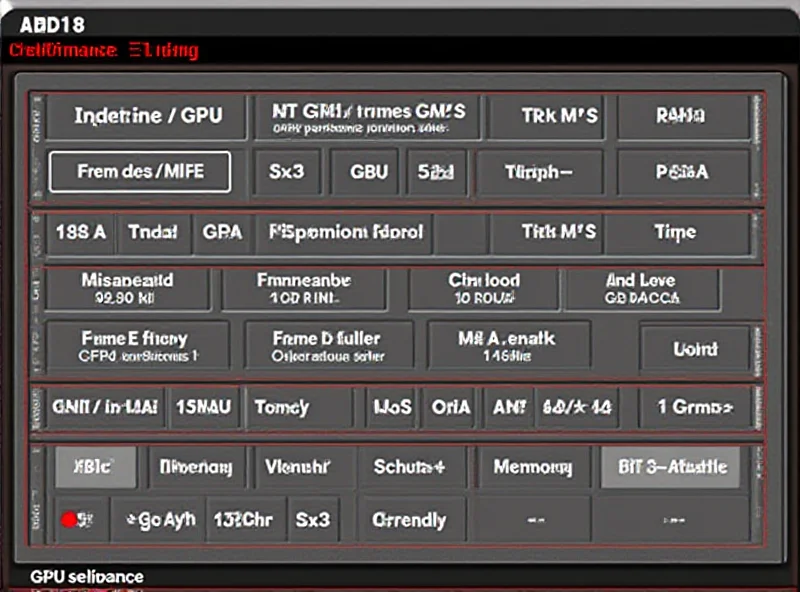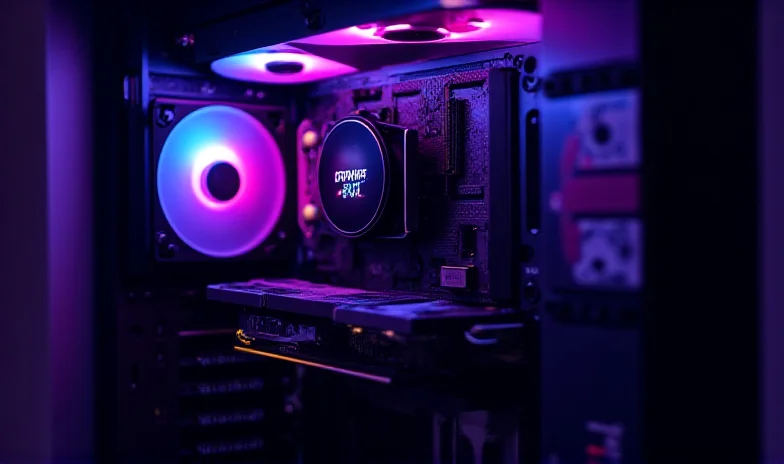AMD is making headlines this week with a mix of news for PC gamers. From potential price increases on the horizon to a clever memory tweak that can dramatically boost performance, and a review of the Radeon RX 9070, there's a lot to unpack.
Radeon RX 9070 Price Hike Incoming?
Bad news for those eyeing AMD's aggressively priced Radeon RX 9070 GPU. It appears the attractive MSRP might not last long. Worldwide retailers are indicating that AMD's partners may not honor the initial low price, suggesting a potential price hike is on the way. If you're considering this card, now might be the time to buy before prices potentially increase.

This news comes as a disappointment to many who were excited about AMD's competitive pricing strategy in the mid-range GPU market. Hopefully, these are just temporary fluctuations, but it's worth keeping an eye on retailer prices in the coming weeks.
Pushing for Price Cuts Across the Board
Even with AMD's efforts to provide value options, there's a growing sentiment that graphics cards, in general, need further price reductions. "Price cuts. That's what graphics cards need more than anything right now," states one source. The argument is that even with AMD's new mid-range offerings, current prices remain too high for many gamers.
The pressure is on for manufacturers to make high-performance gaming more accessible. Whether this pressure will translate into further price drops remains to be seen, but the demand for affordable graphics cards is certainly there.
Unlock Hidden Performance: Ryzen AI Max Memory Trick
Now for some good news! If you own a laptop or tablet powered by an AMD Ryzen AI Max or Ryzen AI Max+ chip, there's a simple tweak that can unlock significant performance gains. By adjusting the UMA frame buffer (unified memory architecture frame buffer), you can potentially boost performance by up to 60% in certain scenarios.

The UMA frame buffer is essentially the amount of system memory allocated to the integrated graphics. By increasing this allocation, you can provide the GPU with more resources for gaming and AI tasks. The process involves accessing your device's BIOS/UEFI settings and adjusting the frame buffer size. For those less comfortable tinkering with BIOS settings, the AMD Adrenalin utility may also offer this adjustment.
Tests have shown that this tweak can significantly improve frame rates in games like Cyberpunk 2077, especially when combined with AMD's FidelityFX Super Sampling 3 (FSR 3). Furthermore, AI tasks can also see substantial performance improvements. However, it's important to note that allocating too much memory to the GPU can lead to instability, so proceed with caution.

"Adjusting the UMA frame buffer on an AMD Ryzen AI Max+ chip can be a terrific free tweak that can boost your performance by dramatic amounts."
AMD Radeon RX 9070 Review: Hit or Miss?
Finally, let's take a look at the AMD Radeon RX 9070. Priced at $550, this GPU aims to compete with Nvidia's RTX 5070. Reviews are starting to trickle in, comparing it to its higher-end sibling, the Radeon 9070 XT, and assessing its overall value proposition. Is it a worthy contender in the mid-range market, or does it fall short? Keep an eye out for in-depth reviews to make an informed decision.
In conclusion, AMD is keeping things interesting with a mix of potential price changes, performance-boosting tweaks, and new GPU releases. Stay tuned for more updates as the situation develops.
